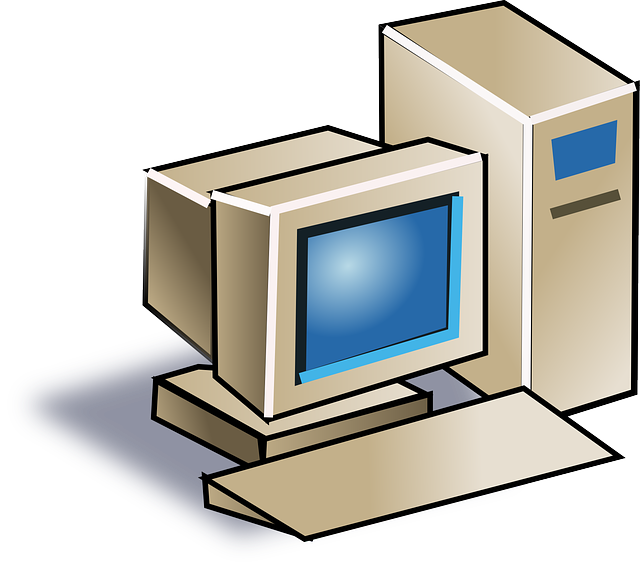Using an Indian Proxy Server for Hotstar
Indian DNS for Hotstar
This is a very old post, but it still gets lots of visitors, presumably for people who want to watch Hotstar outside India rather than me rambling on about the ‘good old days’ ! Anyway I have just double checked and it’s all still correct! I still use my SmartDNSProxy account (mainly for BBC iPlayer though), and the DNS server company still has some servers in India. What’s more they’re also still supporting access to watch Hotstar. If you prefer though you can also use NordVPN who have servers in India too.
FREE 14 Day Trial for SmartDNS Proxy
Hotstar have added a premium version which you’ll need to pay for and of course moved much of their content from the free version. You can also access local version of Hotstar’s streaming sites which will obviously not need a VPN or Smart DNS services to access.
In only a few years, the incidence of using geo restrictions to block and filter access to sites has grown exponentially. So using either a DNS or VPN service is pretty much essential especially if you want to access resources in different countries. Indeed hundreds of thousands of people use their VPN connections to watch UK Television from all over the world.
How to use Indian Proxy Server for Hotstar Access
This is a brief post that was written a few weeks ago, I wasn’t going to post this but have been travelling. Why should that warrant a post about filtering and blocking? Well it’s because I went to visit some relatives in Turkey which was a bit of an eye opener. It feels like an open and democratic nation until you start to use the internet and slowly find out how many sites are blocked and restricted, hence the rest of the post.
When it comes to those of us who developed with the internet or should I say grew with the internet then the escalating volume of filtering and restriction is relatively disturbing. I just remember it wasn’t always the same. A recollection comes to mind of about 1997 firing up my 486 home computer, clicking that connect button and listening closely to my 14.4 k modem beep and click as it made my net connection. There certainly was still that excitement and marvel of hooking up to a different world, a little gadget which enabled free interaction with people from across the planet.
I was looking for information about ailments on elephants for one of my students in my internet class. The world was nowhere near as connected as it is today and it was thought that the internet may help. We first logged in using a telnet session to the University of Wales online database, no real restrictions or passwords as I remember.
Despite the fact that now it’s probably simpler to find your way about the internet, it’s at the same time becoming increasingly frustrating. In the last few years it seems I’m always getting rerouted or messages telling me that something’s not actually accessible due to my location. In the Internet I recall, location didn’t matter– this was an online, electronic world where everybody is identical.
How to use an Indian Proxy Server for Hotstar
Wherever you go online you seem to be confronted with barriers now– take this particular screen which you are given if you try and visit the Hotstar web site, a terrific Indian media broadcaster.
I went there mainly for the sport, there is actually a substantial cricket session including the IPL coverage. If you want to watch Premiership football without being conned into a massive Sky or BT package, Hotstar has had rights, at least it did last season. Nevertheless again I was discouraged as the whole site is only available if you have an Indian IP address,
Now I ‘d normally use Identity Cloaker to unblock Hotstar and circumvent these blocks however they don’t actually have any Indian VPN servers so it definitely would not work. However there are other possibilities and I thought I ‘d try out a Smart DNS solution as an alternative, to be a lot more specific the 14 day free trial from Smart DNS Proxy. It worked wonderfully as you can observe in the following video which is actually hosted currently on YouTube, it’s entitled BBC VPN Not Working.
As you can easily see it’s essentially transparent immediately after you set it up, certainly more so than using a VPN which has to be connected while you’re accessing the Hotstar site. The other big benefit is that due to the fact that you don’t stream the entire connection through the VPN server you don’t have that additional hop to slow you down. The other speed improvement over a VPN is that there is actually no layer of file encryption to slow the stream down as well. Now obviously this means that it adds no security at all, but it could be argued that it’s not really needed if you’re just streaming video.
Use Smart DNS for Hotstar for Easy Access
There’s one more post concerning accessing the website here– How to Watch Hotstar in the UK. As you can view it functions flawlessly and seamlessly in the background. I am beginning to see the benefits of using these Smart DNS systems too as I was able to quickly configure my NVidia Shield with the same DNS settings so I could watch using that.

Works a treat, it doesn’t take any great technical knowledge or time to use an Indian Proxy Server for Hotstar. The channel itself is great fun – it’s additionally worth having a look at the different documentaries and news programmes many of them are in English. Offers you a whole new perspective of the world to be honest.
Further Information: Watching Hotstar in the USA
